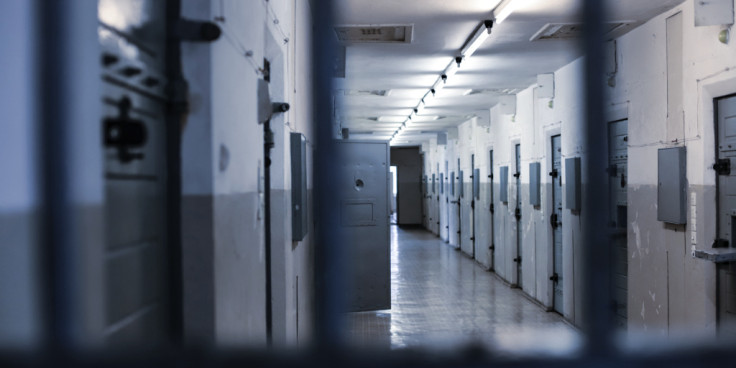
Solitary confinement placements in U.S. Immigration and Customs Enforcement facilities almost doubled from December 2024 through August 2025, rising by 41% and peaking at 1,151 people held at least one day in segregation in August, according to a joint investigation by The Marshall Project and Univision.
The investigation, based on ICE data and interviews with detainees and their families, found people were isolated for reasons ranging from protesting detention conditions to refusing medical procedures.
One detainee recovering from surgery told researchers that he was regularly taken to segregation instead of a medical unit. "Solitary confinement is perhaps the most punitive practice that exists in carceral settings," said Caitlin Patler, a public policy professor at the University of California, Berkeley. "It's a traumatic experience for anyone."
The report described conditions that detainees said compounded mental-health crises. Faviola Salinas Zaraté, recently deported to Mexico, said she spent nearly two months in a windowless cell at the South Louisiana ICE Processing Center while suffering postpartum depression. "I don't know why they didn't give me the care I needed," she said, describing hallucinations, extreme cold, and a broken toilet. ICE did not respond to questions about its use of solitary or the specific cases described.
Experts noted that any time in isolation can be damaging, and the United Nations defines "prolonged" solitary as 15 days or more. ICE data showed 131 placements from April to June involved people with serious medical or mental-health conditions, up from 90 the previous quarter.
Advocates also said some detainees are isolated after reporting abuse or filing complaints, despite Department of Homeland Security policy that segregation "must never be used as an act of retaliation."
A December 2024 DHS policy expanded reporting requirements so facilities must log anyone isolated for any period, which likely contributed to the jump recorded starting that month. Still, researchers and advocates said the numbers reflect real growth alongside the broader surge in detention.
Amid mounting scrutiny, federal lawmakers on July 24 reintroduced the End Solitary Confinement Act, which would ban solitary in federal prisons, jails, and immigration detention with limited exceptions, cap emergency isolation at four hours, mandate out-of-cell time and programming, and create oversight and reporting mechanisms.
"Solitary confinement is torture, period," said Rep. Sydney Kamlager-Dove, the bill's lead sponsor, while Senator Edward J. Markey called the practice "cruel and unnecessary" and urged Congress to end it "once and for all."
© 2025 Latin Times. All rights reserved. Do not reproduce without permission.




